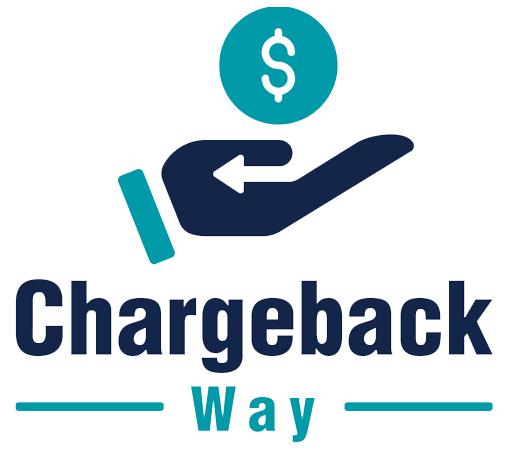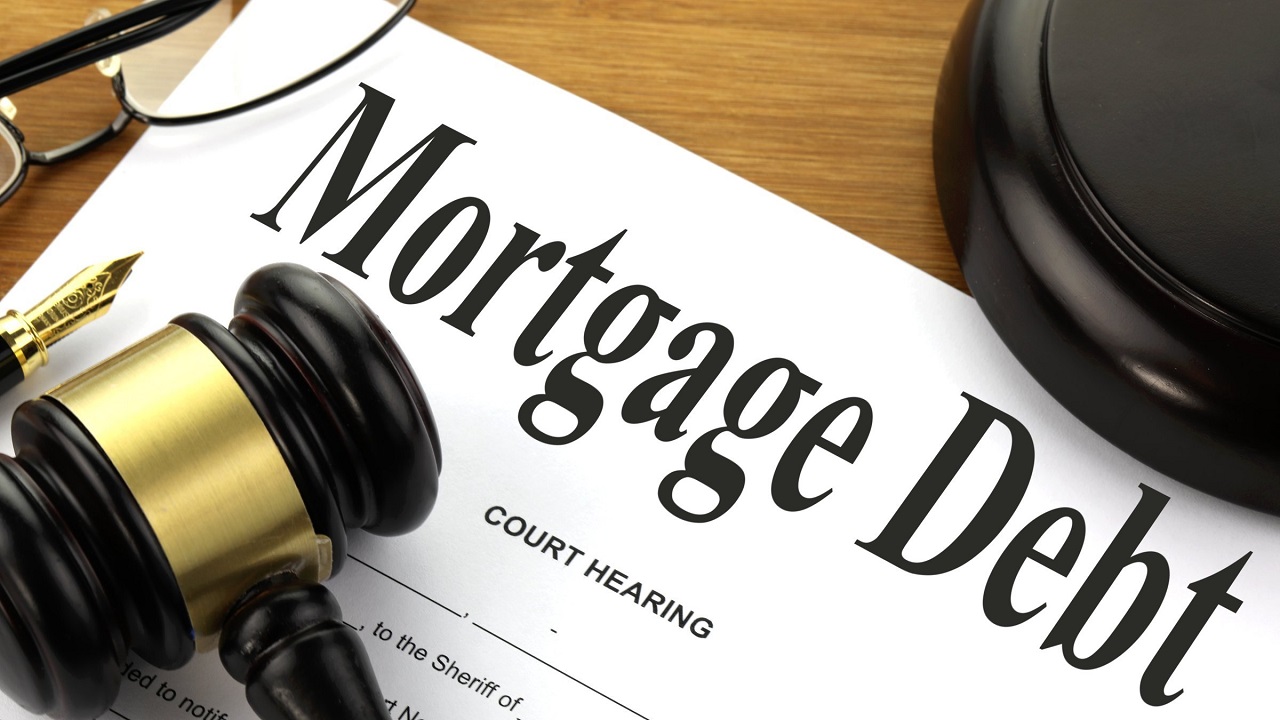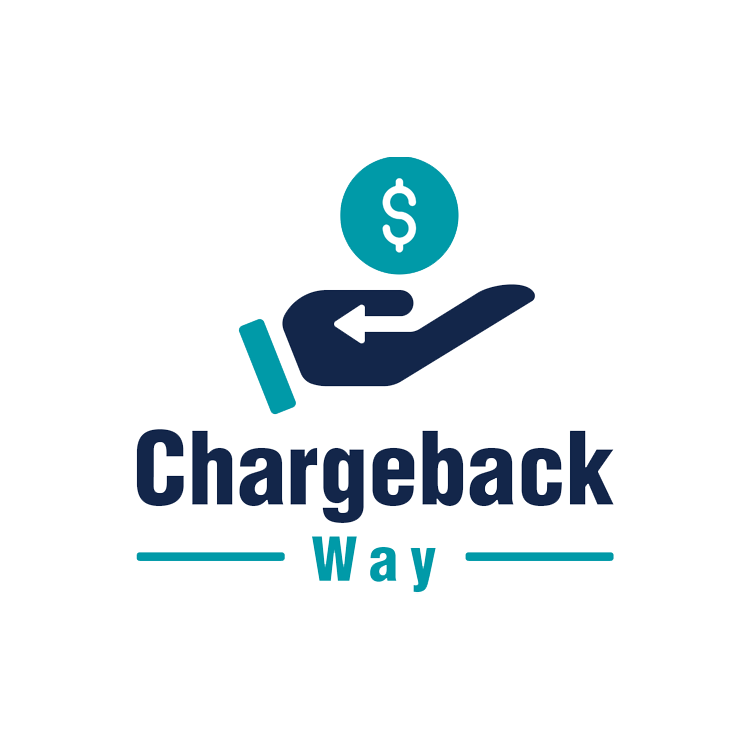You receive a call, email, text message, or social media direct message claiming to be from the Social Security Administration and stating that your Social Security benefits will be terminated or your Social Security number will be suspended unless you pay immediately. They’ll tell you that you have to pay with gift cards, wire transfers, cryptocurrency, or cash mailed to you.
They may even threaten you with arrest if you do not pay. However, it is not the Social Security Administration that is calling. Your benefits will not be suspended, and you owe nothing. It’s a scammer attempting to steal your money or personal information in order to steal your identity.
What you should know is that the genuine Social Security Administration will not threaten you or suspend your Social Security number.
The genuine Social Security Administration will not call, email, text, or send direct messages on social media to request payment. Nobody from the government will ever ask you to wire money, pay with gift cards, pay with cryptocurrency, or send cash. That phone call, email, text, or direct message is a scam.
What to do: Hang up if you receive an unexpected call from someone claiming to be from the Social Security Administration. It’s likely that you’re being called by a scammer. Call back the number that the caller gives you, not the one that appears on your caller ID. Do not press any numbers if the call is a robocall. Pressing numbers may result in additional calls.
Ignore calls, emails, text messages, and direct messages purporting to be from the Social Security Administration and requesting payment or confirmation of your Social Security number or other information. The real agency will never call, email, text, or send social media direct messages demanding money or information.
If you require assistance from the Social Security Administration, contact your local office directly. The phone number can be found on the agency’s website. See the Social Security Administration’s advice on what to do if you receive a call claiming that your Social Security number or account is in trouble. And report these calls to the agency’s Inspector General’s Office. If you provided personal information to a scammer, go to IdentityTheft.gov to learn how to protect your identity.


























